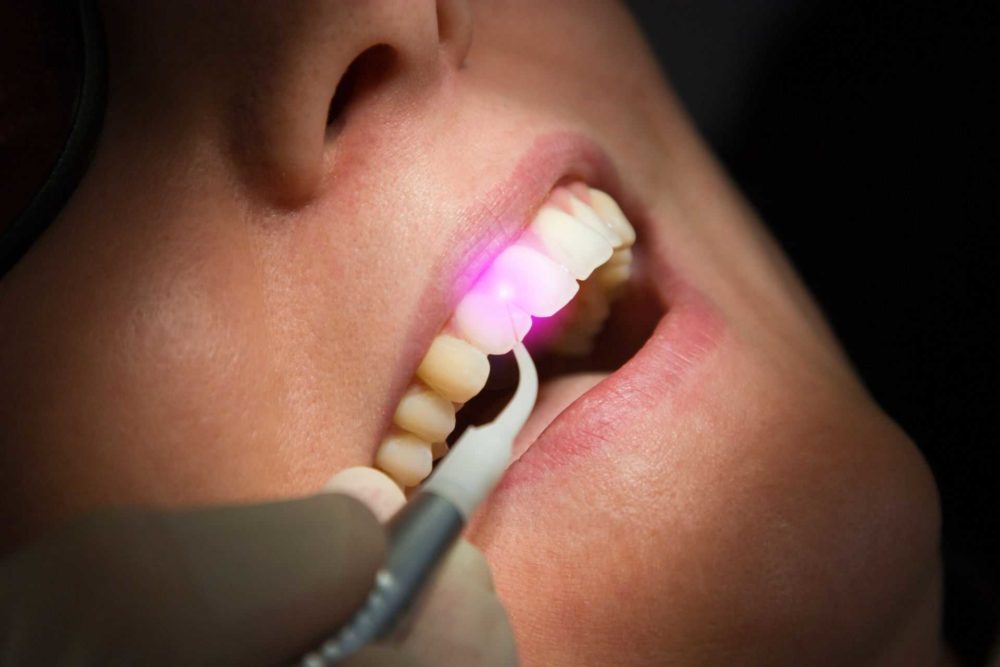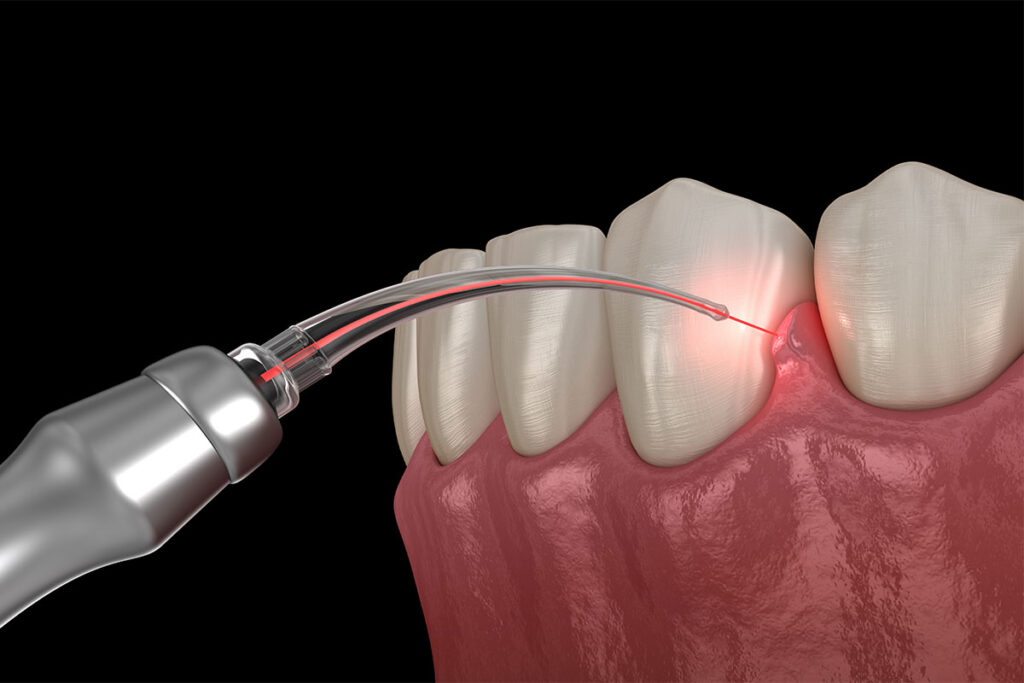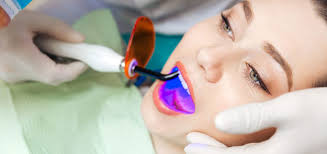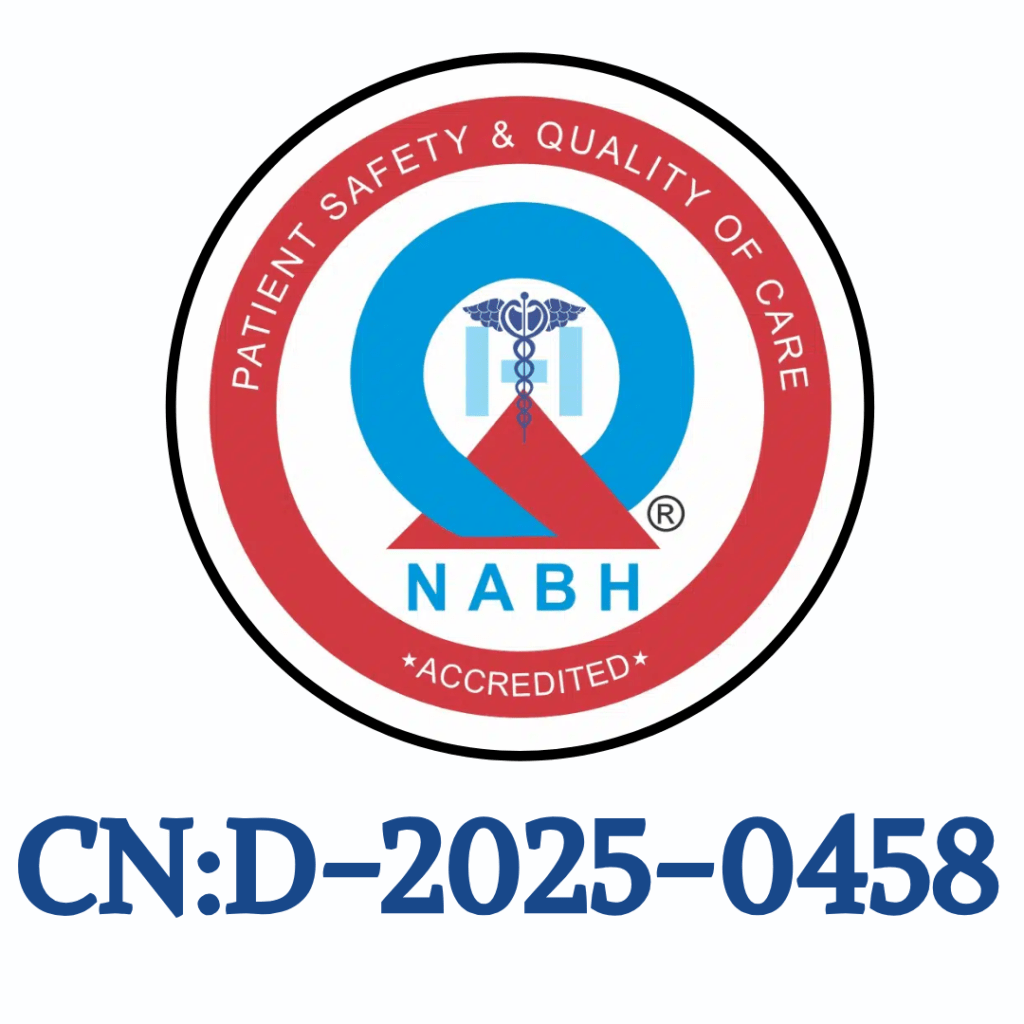WHAT IS LASER TREATMENT?
Laser treatment is a medical procedure that uses focused beams of light to target specific areas of the body for various purposes. Here’s some straightforward information about laser treatment.
Laser treatment uses powerful beams of light to treat different conditions in the body. These beams are very focused and can be adjusted to work on specific areas without harming surrounding tissues.





| TYPES OF LASER TREATMENTS:
There are many different types of laser treatments, each designed for specific purposes. Some common types include laser hair removal, laser skin resurfacing, laser eye surgery, and laser therapy for medical conditions like acne, scars, or even cancer.
| BENEFITS OF LASER TREATMENT:
Laser treatment offers several benefits, including precision, minimal scarring, reduced pain, and faster recovery times compared to traditional surgery or treatments. It can also be performed as an outpatient procedure in many cases, meaning patients can go home the same day.
| CONDITIONS TREATED WITH LASER:
Laser treatment can be used for a wide range of conditions, including skin issues like wrinkles, age spots, and acne scars, as well as eye conditions like nearsightedness and farsightedness. It’s also used in dentistry, dermatology, oncology, and other medical specialties.
Safety and Side Effects:
Laser treatment is generally considered safe when performed by trained professionals. However, there can be some side effects, such as temporary redness, swelling, or discomfort at the treatment site. Serious complications are rare but possible, so it’s essential to follow post-treatment instructions carefully.
Preparation and Recovery:
Depending on the type of laser treatment, preparation and recovery may vary. Some treatments require minimal preparation and have little to no downtime, while others may require numbing cream, anesthesia, or a few days of rest afterward.
Cost and Availability:
The cost of laser treatment can vary depending on factors like the type of treatment, the number of sessions required, and the location of the treatment facility. It’s essential to consult with a healthcare provider to discuss options and determine the best course of action.
Consultation and Follow-Up:
Before undergoing laser treatment, patients typically have a consultation with a healthcare provider to discuss their goals, expectations, and any potential risks. Follow-up appointments may also be necessary to monitor progress and ensure optimal results.
| Conclusion:
Laser treatment is a versatile and effective option for addressing various medical and cosmetic concerns. With advancements in technology and ongoing research, it continues to offer new possibilities for improving health and well-being in a safe and efficient manner.
FAQ
Most frequent questions and answers
Laser treatment is a medical procedure that uses concentrated beams of light to target specific areas for various purposes, like hair removal or skin rejuvenation.
Laser treatments may cause slight discomfort or a sensation like a rubber band snapping on the skin, but it’s generally tolerable and numbing creams can be used for sensitive areas.
The number of sessions depends on the type of laser treatment and individual factors, but typically multiple sessions are required for optimal results.
Laser treatments are generally safe when performed by trained professionals, but there may be minor side effects like redness or swelling, which usually subside quickly.
Before a laser treatment, it’s important to avoid sun exposure and certain skincare products, follow any pre-treatment instructions provided by your specialist.


